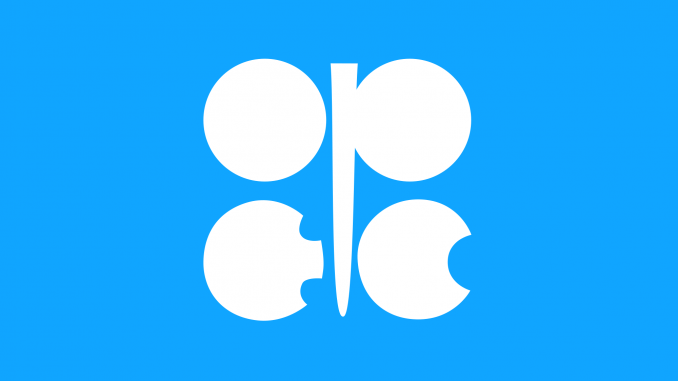
A meeting of the Organization of the Petroleum Exporting Countries (OPEC) and other non-OPEC countries will be held next Sunday in Algeria. The meeting will focus on discussions about the possibility of raising output in order to compensate for global shortages.
On Friday, before the meeting, the price of crude rose. Global Brent crude oil rose 91 cents to trade at $79.61 a barrel. Brent crude is close to its highest level in four years, reaching the price of $80 a barrel. West Texas Intermediate rose about 66 cents to trade at 70.98 dollars a barrel.
Oil investors and market participants bet that the Organization of Petroleum Exporting Countries (OPEC) and the other non-OPEC countries would not be able to offer solutions to compensate for market losses from disruptions to Iran’s supply, OPEC’s third largest oil producer.
US President Donald Trump put more pressure on OPEC when he called on the organization to cut prices immediately at its meeting. However, the overall production policy is unlikely to be changed at Sunday’s meeting. Such a move, according to OPEC officials, would require the organization to convene an extraordinary meeting not on the agenda.
Trump wrote on Twitter: “We protect the Middle East and will not be safe for a long time without us, yet they continue to push for higher oil prices in this way.”
Senior market analysts believe Trump’s recent criticism is directed primarily at Saudi Arabia, OPEC’s biggest oil producer, especially after the kingdom has indicated it does not mind crude oil prices reaching at least $80 a barrel in the short term. In this case, stopping the increase in production means going against the will of American administration’s main ally in the Middle East.
In the same context, data from industrial data companies showed that Iranian oil exports were already declining before new US sanctions were imposed on Tehran. Iranian oil exports have fallen prematurely and more than expected, especially at a time when seasonal demand is strong. These data also showed that the oil market is vulnerable to new price shocks due to the current supply situation.
Saudi Arabia may try to keep the oil market sufficiently resilient until 2019, but that will be at the expense of spare capacity. Let’s not forget that Saudi Arabia is a major reserve to prevent oil price volatility. Analysts say reserve power may fall to less than 1 percent of demand by the end of the year if Iranian exports fall below 1 million bpd, which now seems to be the case.




Be the first to comment